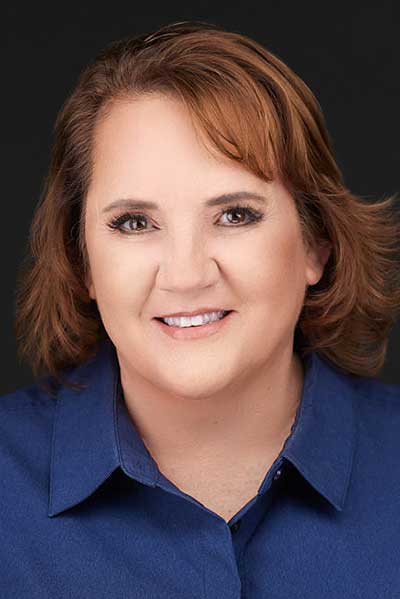With the rise in extreme weather, mass shootings and bombings, nurses must possess the skills to respond to all types of natural disasters and public health emergencies. Front-line caregivers must be trained in disaster management, including emergency preparedness, prevention, response and recovery.

At Emergency Nursing 2023, American Association of Critical-Care Nurses Clinical Practice Specialist Kathy Van Dusen, MSN, RN, CEN, CPEN, NHDP-BC, will lead the fast track session “Lessons to Learn: A Review of Devastating Disasters and What Emergency Nurses Can Learn from Them” from 4:30-5 p.m. Pacific time.
The session will share critical lessons from the Oklahoma City bombing, Hurricane Katrina, the Route 91 Las Vegas shooting and the Boston Marathon bombing. Van Dusen will review strategies for disaster triage, managing patient surges, hemorrhage control and more.
“Disaster triage systems differ from how we triage day to day, and it’s important that providers are prepared for that change in disaster situations,” Van Dusen explained. “The guiding principle in disaster triage is to do the most good for the most people.”
She will also cover the impact of disasters, whether natural, accidental or willful acts on low-resource countries and communities, that will provide nurses with crucial information to address health equity during disasters.
“Surviving these traumatic events shouldn’t depend on your age, health, bank account balance, ZIP code or the language you speak,” Van Dusen said.
Additionally, she will discuss the importance of providers’ preparedness for disasters. Van Dusen will share vital safety benchmarks for the first three minutes, hours and days during a disaster. When care teams prepare their hospitals for these events, it helps them perform at an optimal level for patients.
“Nurses are going to feel much more comfortable showing up for work if they know their families are taken care of,” Van Dusen said. “Having a plan provides peace of mind that allows nurses to say, ‘Now that my family has what they need, I can help everyone else and do what I’m trained to do,’ instead of feeling preoccupied with the safety of their loved ones.”

